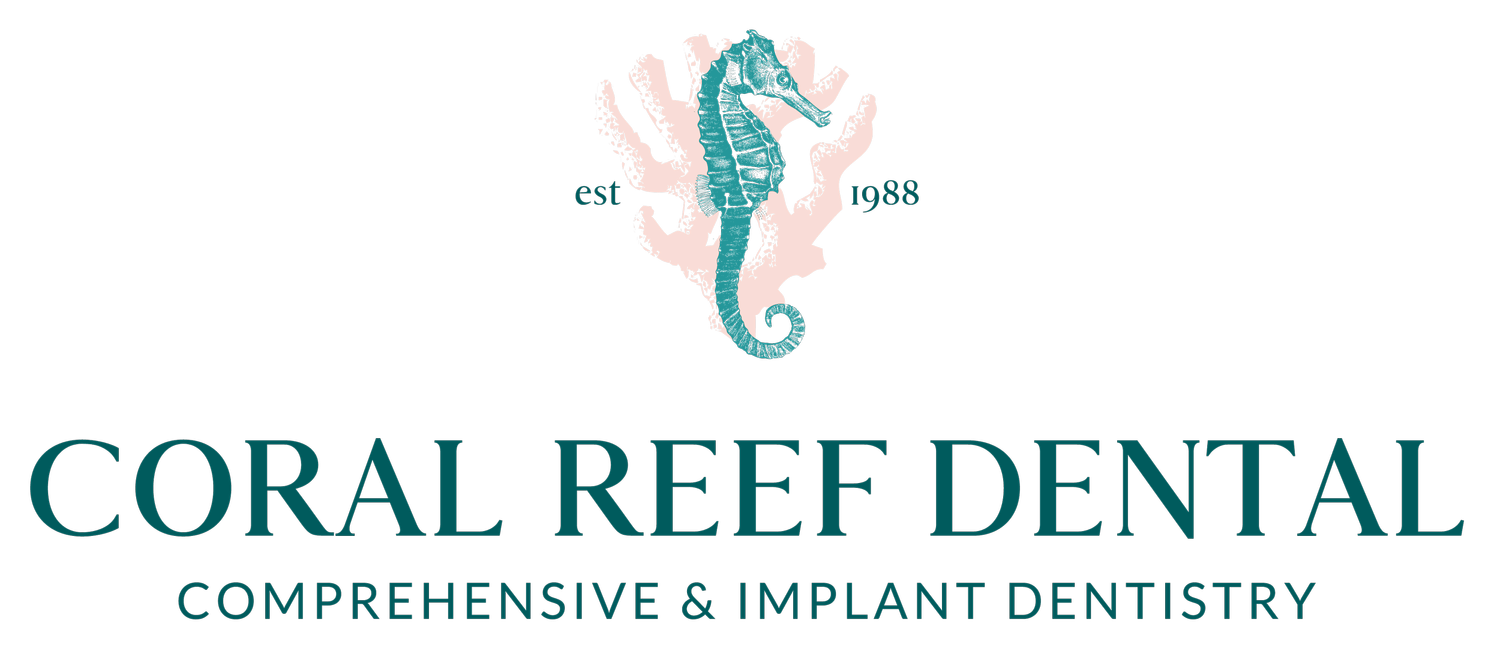Alternatives to Dentures: What Are Your Options?
Gaps in your smile from missing teeth are an embarrassing reality for many adults. Whether through poor nutrition, genetics, or other situations beyond your control, it’s a common issue.
Historically, dentures were your only option. But they’re hard to maintain, easy to break and clearly not the best solution.
Instead of investing in a complete set of false teeth like your parents or grandparents did, you’ve got options! We’re exploring the many ways to fill in that beautiful smile today.
Enough chatter. Let’s get down to business!
1. Dental implants
Dental implants provide patients with all of the benefits of natural teeth without the hassle of removable devices. They’re great for replacing one or a few teeth and can also be used to secure a full denture. Some patients even use them to replace all teeth if they’ve been damaged by disease or trauma.
In this method, dentists surgically implant these medical devices into the jaw bone. Then, they attach the replacement tooth. Because they’re tied directly into the jawbone, implants are stronger and more durable than other options. They also prevent the loss of bone and tissue related to missing teeth.
Why dental implants are our recommended alternative to dentures
These devices are superior to removable dentures in durability and longevity and are our favorite alternative options. And when you’re investing in your smile, you want it to last! On average, the implants last a lifetime, and the crowns for 10 to 15 years.
Once they heal, you’ll have full chewing power restored, along with your confidence in social situations.
You’ll treat your implants like regular teeth, meaning good oral care is essential. But because you can brush and floss without the danger of damaging them, it’s easy.
2. Bridges
Dental bridges are an appliance used to “bridge the gap” between natural and missing teeth. There are two types, fixed and removable, and each works similarly. The fixed variety uses crowns and artificial teeth to replace missing dentition permanently. Removable bridges, on the other hand, are a more affordable way to fix your smile.
Dental bridges offer a natural-looking solution to tooth loss and help restore normal chewing and speech functions. They’re a common approach because they’re not as costly as implants and dentures. Insurance companies frequently cover most of the cost.
However, you’ve got to keep up with cleaning your replacement teeth. Otherwise, you could experience gum disease and cavities in your adjacent teeth.
Removable bridges
As we mentioned, removable bridges and partial dentures are much more affordable than permanent options. They don’t require surgery and have no recovery time as a result. From a cosmetic view, they’ll help give you a beautiful smile. But they must be removed and cleaned every night to prevent decay and discoloration.
In these appliances, the pontics, or false teeth, are held in place with caps over natural teeth. Your dentist will take an impression to send off to a lab tech for production. It can take several weeks for your bridge to come in and then several more to dial in the fit.
Permanent bridges
Traditional bridges using crowns over natural teeth are the most common. They’re a strong and affordable alternative to other options. Others include the Maryland bridge, which uses metal structures to bond to natural teeth, and implant-supported bridges.
Similar to dental implants, these bridges are mounted using metal rods implanted in the jaw. They’re the strongest, most durable of this type of appliance.
3. Overdentures
Overdentures are a newer innovation that makes use of dental implant technology along with traditional dentures. For total replacement of your beautiful smile, this is one of the more common options. Using a few implanted posts, your dentist creates connection points for snap-in gums. Unlike traditional dentures that use messy cement and adhesives, these have a stable platform.
Pros and cons of overdentures
These work great for those who need full dentures replacement that’s both durable and affordable. You won’t have the same fit concerns as traditional dentures because your implants support them. Speaking, eating, and cleaning are all easier than other options. However, like other full replacement options, you’ll have to remove them each night for soaking.
In order to have overdentures implanted, you’ll need healthy gums and bones first. Any gum disease must be treated before surgical intervention. Time is another factor to consider. It can take up to six months before you can wear your new dental appliance. Finally, some dental insurance providers will only cover a small portion of the cost.
Coral Reef Dental specializes in dental implants!
Losing teeth doesn’t have to mean an end to your active lifestyle. At Coral Reef Dental, we’re committed to helping you achieve your most beautiful smile. There’s more to implants than just cosmetics, though. They contribute to you living your fullest, most confident life! With our specialized approach, we’ll create the most comprehensive plan for your dental implants.
Reach out to us today to get started on the path to living your best life!


